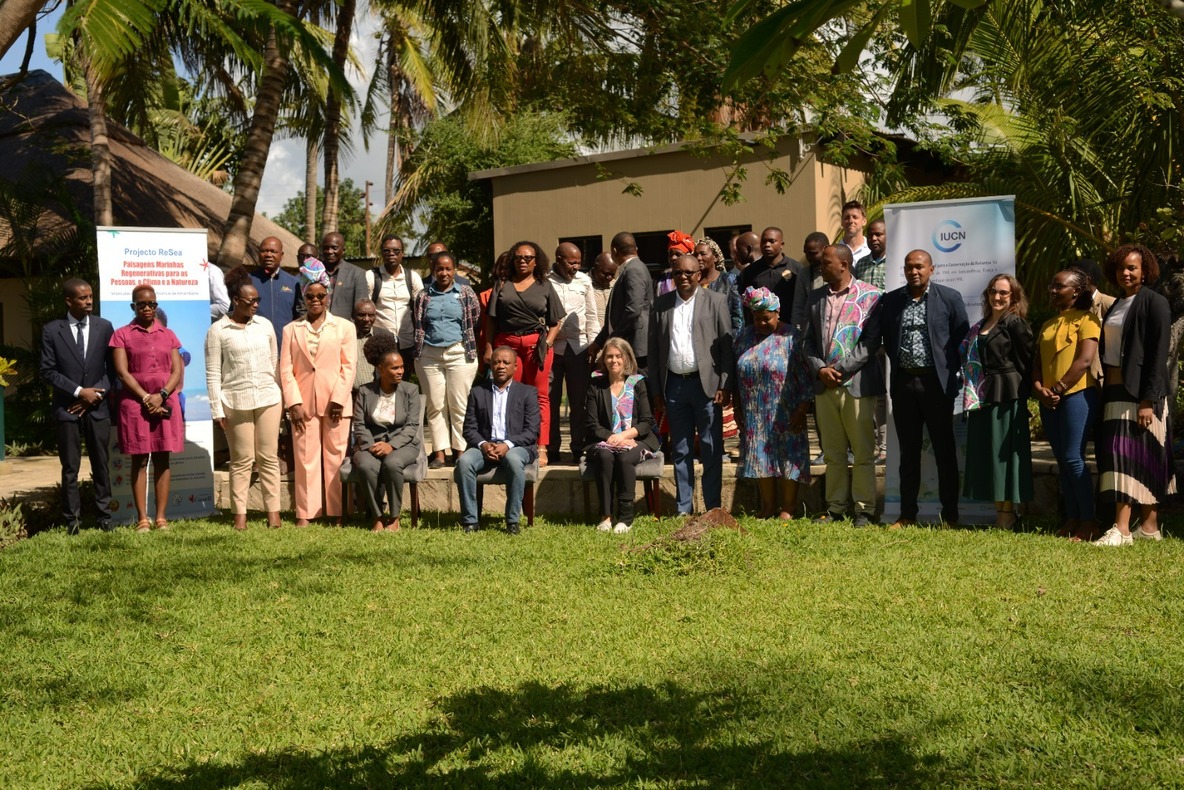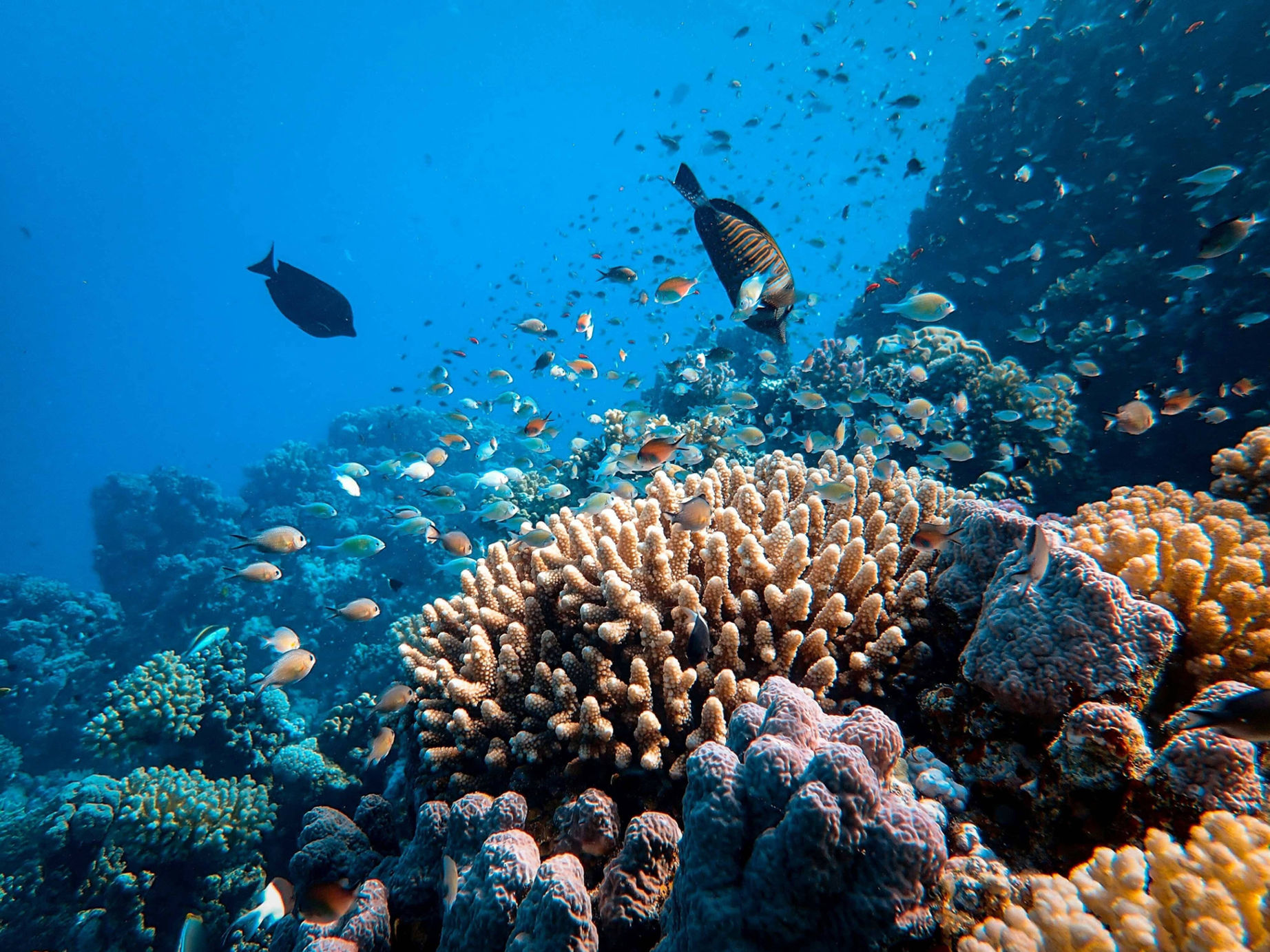IUCN advocates for integrated climate and biodiversity action at United Nations 4th Conference of Small Island Developing States
The International Union for Conservation of Nature (IUCN) Oceania Regional Director, Leituala Kuniselani Toelupe Tago, delivered a compelling address at the United Nations 4th Conference of Small Island Developing States (SIDS) in Antigua. Representing IUCN as the Head of Delegation, Ms. Toelupe Tago underscored the critical need for integrated climate and biodiversity action to ensure the sustainable development and resilience of SIDS.

IUCN commends the Government and People of Antigua and Barbuda for their exemplary hospitality and successful convening of this vital conference. Additionally, IUCN extends its deepest condolences to the Government and People of Papua New Guinea for the recent tragedy resulting in the loss of life.
IUCN’s participation in this conference reaffirms its commitment to addressing the unique challenges faced by SIDS. The organization emphasizes a multifaceted approach to revitalizing the economies of these nations, which includes enhanced financing, climate action, technological advancement, and human capital investment. The collective strength and resilience of SIDS are paramount as they navigate the complexities of sustainable growth.
A significant focus of IUCN’s address is the urgent need to combat biodiversity loss. The fragility of island ecosystems makes SIDS particularly vulnerable to the compounded impacts of climate change and biodiversity loss. IUCN stresses that the irreversible nature of biodiversity loss necessitates immediate and integrated action. Protecting critical species and ecosystems is not only vital for the environment but also for the livelihoods and growth of island communities.
As part of its strategic vision, IUCN calls for the integration of climate action, biodiversity conservation, and island ecosystem restoration, aligned with the United Nations Framework Convention on Climate Change and the United Nations Convention on Biological Diversity. This integrated approach is crucial for building resilient and prosperous island economies.
IUCN advocates for innovative strategies and genuine partnerships to achieve sustainable development in SIDS. The organization highlights the need for critical financial reforms and adaptive approaches that reflect the realities and priorities of SIDS. Effective partnerships should respect the autonomy of SIDS, engaging local governments, private sectors, and civil society in co-creating solutions.
Recognizing the invaluable role of traditional knowledge, IUCN underscores the importance of involving local communities and custodians of traditional practices in addressing global challenges. These communities offer innovative, context-specific solutions that are essential for sustainable development.
Over the next decade, IUCN’s 20-year vision aims to promote a just world that values nature conservation. This vision will enhance IUCN’s engagement with its members and partners in SIDS, focusing on protecting biodiversity and restoring island ecosystems.
Despite the challenges, IUCN applauds the significant gains made by SIDS through collective efforts. IUCN reaffirms its commitment to supporting SIDS in leveraging their environmental and cultural strengths, learnings, experiences, partnerships, connections and networks to achieve resilience and prosperity.
Reflecting on the wisdom of her Samoan ancestors, Ms Toelupe Tago emphasized that solutions often come from within, using the analogy of fofō alamea to demonstrate that solutions indeed come from within, and as a collective, Small Islands Developing States, ought to capitalise on their environmental and cultural strengths; on their experiences and learnings; their relationships, networks and connections; to guard our canoe and to chart our course toward resilience and prosperity.



